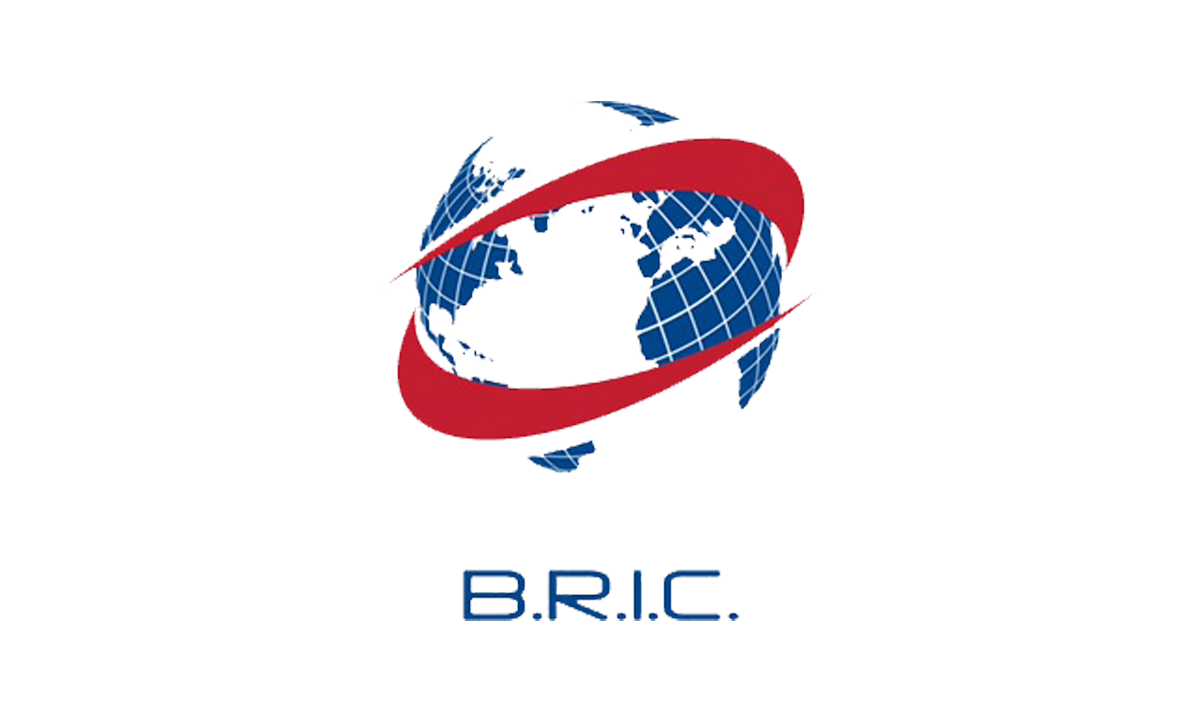“Lay the foundation of your safety and security with the BRIC”
Mitigate Risk - Identify Vulnerabilities - Limit Liability - Return on Investment
Physical Security
Assessing the physical security needs of a company begins with understanding the threat picture and identifying the vulnerabilities that could present adherent risk to people, places and property.
information protection
Personally Identifiable Information (PII) has become a notable topic in information security as organizations are spending vast resources for ensuring the safety and security of such information, much of it revolving around personal consumer financial and health data. With growing cyber security threats and the ever-increasing numbers of data breaches and security compromises, protecting PII is now more important than ever. With the widespread use of technology, PII is everywhere, being stored, processed and transmitted all over the globe, at levels of efficiency once thought unimaginable. But with thousands - and counting - of PII breaches, organizations are finding themselves being constantly challenged by malicious threats, lawsuits, regulators, compliance auditors, and irate customers.
situational awareness / Workplace violence
Ones perception of the elements in an evolving event and the ability to comprehend the meaning provides a greater opportunity to respond and survive.
social engineering
Deceptive tactics used by somebody for purposes of obtaining something or gaining access (both physically and logically speaking) to something for which they are unauthorized to do. Social engineering relies heavily on human interaction and building the trust of those individuals whom somebody wants to deceive. For example, a fired employee may try and access his or her previous employment by tricking security guards, receptionists, or other personnel with common socially engineered tactics, such as “I forgot my access badge, can you let me in”, etc. The trust factor is the most important component of what allows social engineering practices to be successful.
cyber security awareness
Security awareness is the knowledge of potential threats and the ability to anticipate what types of security issues and incidents employees may face in their day-to-day functions. Technology alone cannot provide adequate information security. Awareness and personal responsibility are critical to the success of any information security program.
fraud
Deterring fraud requires the daily commitment of all individuals associated with your company, which includes all employees, clients, vendors and other related third parties. Fraud, which by its very nature encompasses a wide range of deceptive and illegal activities, can occur in any department or division within your organization, resulting in significant threats, losses, and/or damages. As such, an important component of detecting and preventing fraud includes developing and implementing a comprehensive set of internal controls throughout all levels of this organization. Additionally, the framework of internal controls and the adherence to their principles are to be exercised on a daily basis by all employees of your company.
Contact
➤ LOCATION
P.O. Box 306
Narragansett, RI 02882
☎ CONTACT
info@boldreachic.com
(888) 823-4747

